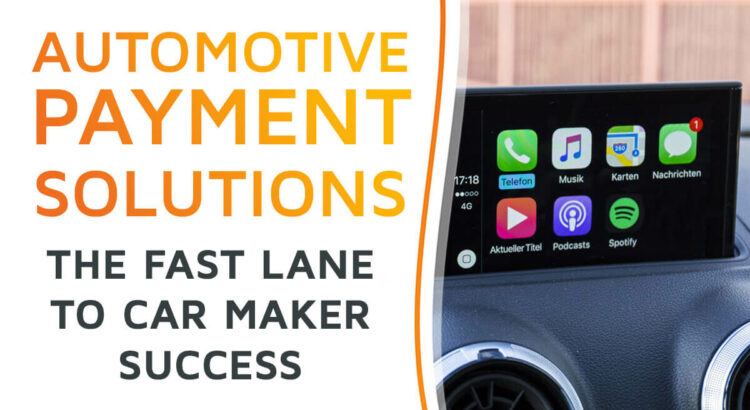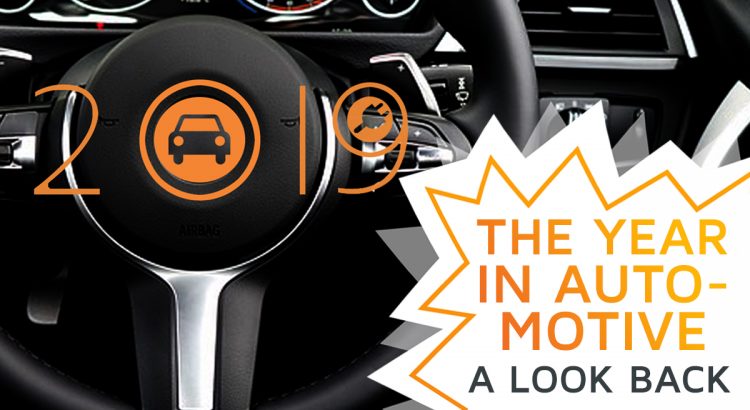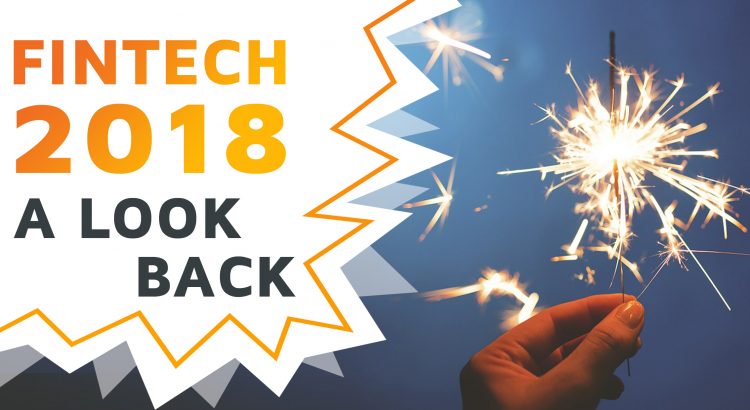The future of automotive will not be about how fast your car can go. Or how snappy it can look. Instead, innovation will centre around what a car can do. As a manufacturer, you already witness the shift towards connected vehicles with high-end telematics and web-enabled computers under the hood. Those cars can communicate with external e-commerce applications and service platforms.
And that comes with technical challenges. One of the most pressing for car manufacturers: Providing a solid automotive payment system to handle all in-car commercial activities.
One may be tempted to turn to the obvious choice: Turn-key payment software by 3rd parties. But once you scale up, the drawbacks surrounding such off-the-shelf solutions begin to show.
The alternative would be to choose the payment orchestration model and build up your very own connected car payment infrastructure. You can bring in a business and/or a software partner with experience in the automotive payment domain to support you there.
This article will help you answer, whether this approach fits your business. It discusses:
- Which use cases require connected car payments?
- What are the advantages of custom-built automotive payment solutions over standard 3rd-party payment systems?
- How will you benefit from payment orchestration?
- Where to find competent technology partners to support you?
Let’s go for the answers!
Read More


